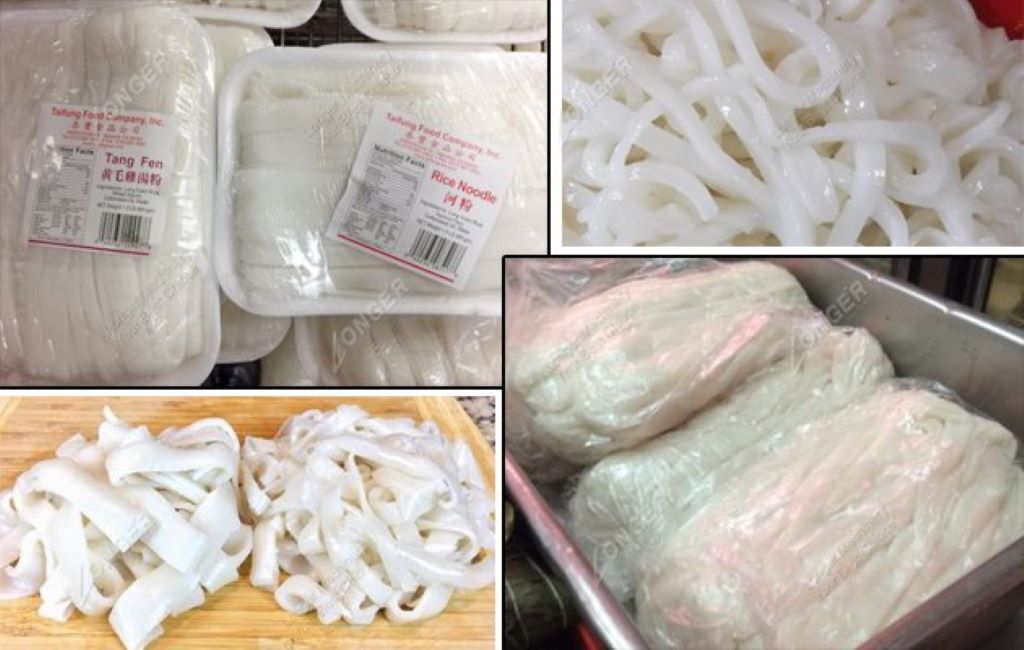Rice noodles are a versatile and delicious staple in many cuisines. Whether you’ve cooked up a stir-fry, pad Thai, or a refreshing salad, you might find yourself with leftovers. This raises a common question: How long do rice noodles last in the fridge? The answer isn’t always straightforward, as it depends on a few factors.
Understanding Rice Noodle Types
Before we dive into storage times, let’s distinguish between the main types of rice noodles:
- Dried Rice Noodles: These are shelf-stable and have a long pantry life. They require cooking before consumption.
- Fresh Rice Noodles: These are often sold in refrigerated sections and have a much shorter shelf life.
- Cooked Rice Noodles: These have been prepared and are ready to eat, but they have specific storage requirements.
Storage Times for Different Rice Noodles
1. Dried Rice Noodles (Uncooked):
- Pantry: Dried rice noodles can last for months, even years, if stored in a cool, dry place away from direct sunlight. Check the packaging for an expiration date.
- Refrigerator: Storing dried rice noodles in the fridge isn’t necessary but won’t harm them. Keep them in an airtight container to prevent moisture absorption.
2. Fresh Rice Noodles (Uncooked):
- Refrigerator: Fresh rice noodles should be stored in the refrigerator immediately upon purchase. They typically last for about 5-7 days when kept in their original packaging or an airtight container. Look for signs of spoilage like a sour smell or discoloration.
- Freezer: Some fresh rice noodles can be frozen, but the texture might change slightly. If freezing, ensure they are tightly wrapped to prevent freezer burn.

Related: How to cook a single serving of pasta in the microwave?
3. Cooked Rice Noodles:
- Refrigerator: Cooked rice noodles can last for 3-4 days in the refrigerator. Store them in an airtight container to maintain freshness and prevent them from drying out. If the noodles were cooked with a sauce, they may last a bit longer due to the added moisture.
- Freezer: While you can technically freeze cooked rice noodles, the texture often becomes mushy upon thawing. It’s generally not recommended unless you plan to use them in a soup or dish where texture isn’t crucial. As for rice, a common question is how long does rice last in the fridge? It’s best to consume it within a few days to maintain its quality.
Tips for Maximizing Freshness
- Portioning: If you’ve cooked a large batch of rice noodles, consider portioning them into smaller containers before refrigerating. This allows you to thaw only what you need, preventing unnecessary food waste.
- Proper Sealing: Always use airtight containers or resealable bags to store rice noodles, whether they’re cooked or uncooked. This keeps them fresh and prevents them from absorbing odors from other foods in the fridge.
- Labeling: Get into the habit of labeling your containers with the date of storage. This makes it easier to track how long the noodles have been in the fridge.
Signs of Spoilage
While rice noodles have a decent shelf life, it’s important to be aware of signs that they might have gone bad:
- Sour Smell: A sour or off odor is a clear indicator that rice noodles have spoiled.
- Discoloration: Look for any changes in color, especially mold growth. Discard the noodles immediately if you see any signs of mold.
- Slimy Texture: Cooked rice noodles should be slightly firm. If they become slimy or sticky, it’s best to toss them.
Safety First
When in doubt, it’s always better to err on the side of caution and discard rice noodles if you suspect they might have spoiled. Eating spoiled food can lead to food poisoning, which can cause unpleasant symptoms like nausea, vomiting, and diarrhea.
Conclusion
By following these guidelines and paying attention to signs of spoilage, you can enjoy your rice noodles safely and get the most out of your leftovers. Whether you’re a seasoned rice noodle enthusiast or a curious beginner, understanding their shelf life is key to culinary success.

